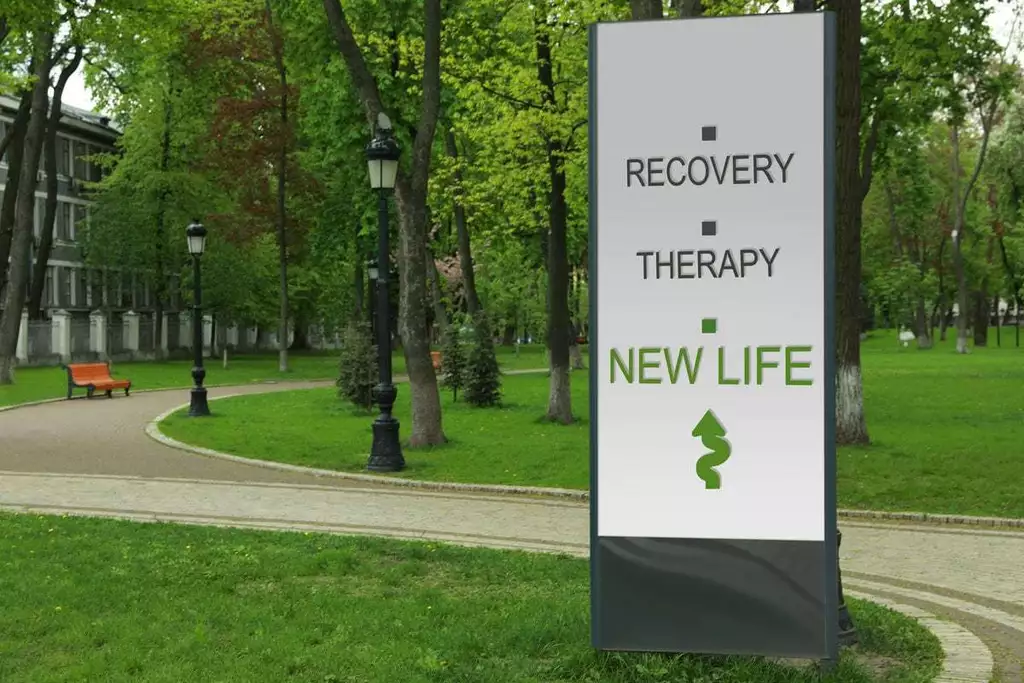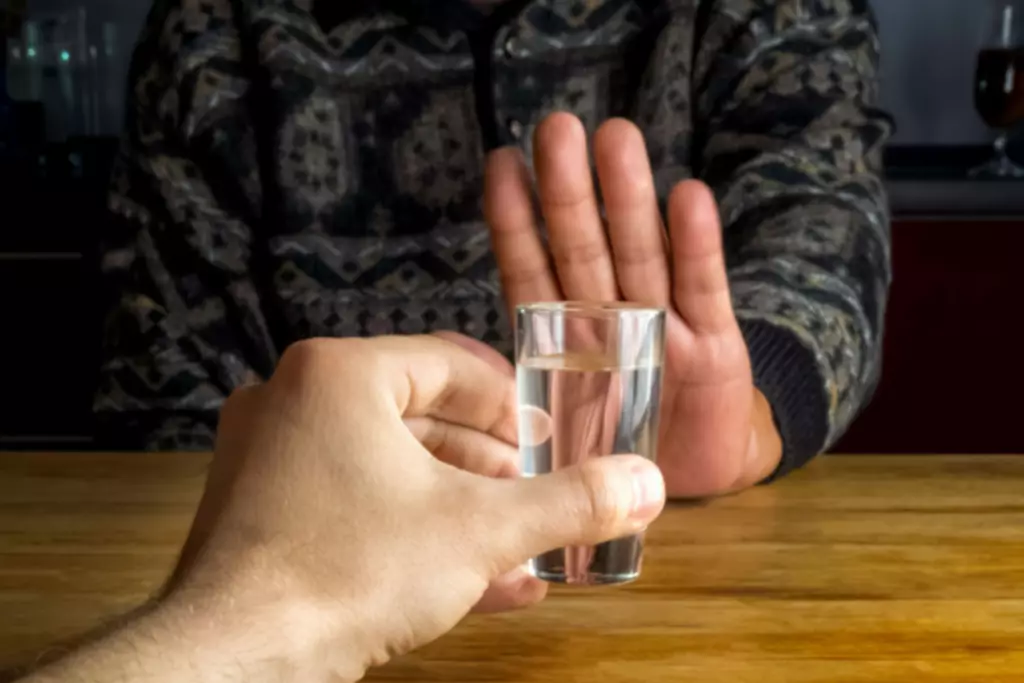During a recent family vacation, Banks said the idea of having a drink sounded tempting. She reminded herself, however, of the reality behind the “one drink,” which included, for her, likely more than one drink, a bad night’s sleep and heavy anxiety in the morning. “In the beginning it was so hard, but now I’ve had so many experiences under my belt, and I feel more confident,” she explains. Followers celebrate her victories and help her navigate rough days.
Dry January: What is it and how beneficial can it be?
For her, yoga, meditation, sound baths, moon circles, and cacao ceremonies (yes, those are all real things) have filled the void. But like the rest of sober curiosity, these alternatives are all deeply personal, and there is no “right” answer. Given that judgment has no place in the sober curious movement, Warrington is by no means prescriptive about what other activities (alcoholic or otherwise) you should engage in. Ruby Warrington’s 2018 book Sober Curious is something of a guidebook for this less-threatening, label-free, booze-less trend.
Now, There Is Zero Proof That Alcohol Is What Makes A Great Cocktail
On a Saturday night, people are starting to pack into a popular bar called Harvard & Stone in a hip Los Angeles neighborhood. The questions are based on symptoms for alcohol use disorder in the American Psychiatric Association’s Diagnostic and Statistical Manual of Mental Disorders, Fourth Edition. The DSM is the most commonly used system in the United States for diagnosing mental health disorders.
- The « sober curious » or « sober sometimes » movement started as a challenge for those who felt they’d partied a little too hard over New Year’s weekend.
- For her, yoga, meditation, sound baths, moon circles, and cacao ceremonies (yes, those are all real things) have filled the void.
- Many people who drink heavily have not had an easy road in managing their relationship with alcohol.
- “Our brains are biologically hardwired to form an attachment to alcohol,” Warrington points out.
- In particular, the idea of not drinking in what some consider awkward social situations, like a bar atmosphere, is encouraging, Dylan believes.
No Amount Of Alcohol Is Good For Your Health, Global Study Says
And while there is virtually no downside to taking a break from drinking alcohol — or quitting altogether — science is just beginning to study the ways abstinence might be good for you. In the far corner, about a dozen women in a group are clearly enjoying themselves too, but they are not drinking alcohol. They’re sipping handcrafted mocktails, with names like Baby’s First Bourbon and Honey Dew Collins, featuring nonalcoholic distilled spirits. The bar aims to be a place where people looking for a night out can go without feeling the social pressure to drink. “There are so many physical and emotional benefits from intentionally taking a break from alcohol,” says Banks.
Why become a mindful drinker?
The days of pushing through moments of temptation are fewer and further between. If she needs support, she knows her Instagram followers are always nearby, along with other sober curious friends she’s made on the journey. Initially, Banks describes a curiosity around “taking a 30-day-break” from alcohol. She researched online for information about what impact alcohol has on the body. “I mainly searched for success stories from people who gave up drinking for 30 days or more,” she explains. On weekend nights drug addiction out with her husband, she describes “going a little hard,” and leaving a wave of bad feelings for the next day.
Where did the sober curious movement come from?
Warrington asks things like why is alcohol so socially acceptable? How much more confident, awake, and aware are we when we are not drinking as often or as much? “When you get really honest with your answers to questions like these, it makes less and less sense to keep drinking,” she says. Whether it’s to see in the weekend or to unwind after work, a couple of drinks at sober curious the end of a hard day is the norm for many of us. Alcohol is very much part and parcel of a night out and, while there’s absolutely nothing wrong with that, the slippery slope where a glass or two transitions into a bottle or more can easily become a routine occurrence.
- « All my drinking was really centered around community and wanting that connection so badly with other people, » he says.
- That said, being sober curious may lead to some senses of FOMA, or Fear of Missing Alcohol, especially in social situations.
- There’s even a new app called « Sober Grind » which helps connect you with people who chose not to drink.
- It included just 16 people who had been in the habit of drinking about two drinks per day on average.
With the proportion of teetotallers aged 16 to 24 having risen from 18.7 to 20.9 per cent since 2006 according to The Office of National Statistics, the trend’s found particular popularity among millennials. A few years later, Warrington noticed the concept of sober curiosity gaining increasing traction in popular media, and decided to write her book, Sober Curious. Friends and family didn’t object, but they had difficulty supporting what they couldn’t understand. In the spring of 2018, 42-year-old Kim Banks found herself in a lonely place. Struggles with anxiety and depression interfered with life as a wife, mother of 5-year-old twin boys, and her work in public relations. Despite self-improvements like daily exercise, healthy eating, and good sleep habits, Banks wasn’t happy.
Moreover, the fact that alcohol is one of the five most addictive substances, and given the marketing dollars behind the industry, Warrington posits that it’s hard not to become just a little bit addicted to booze. “I see it as part of what’s happening all around us,” says Dylan, who works with recovering addicts and alcoholics requiring protection from the press, nutritional guidance, mental health issues, medication, and detox. “People are more interested in a healthy lifestyle and part of not-drinking is part of this healthy culture which recognizes it’s not healthy the way Americans drink,” she adds. A recent study published in the International Journal of Neuropsychopharmacology has also demonstrated the value of mindfulness techniques as a tool in helping frequent drinkers cut back on their consumption.






Laisser un commentaire